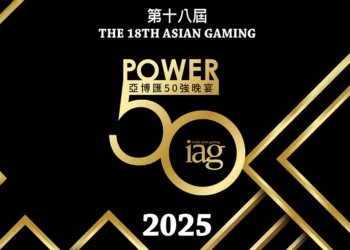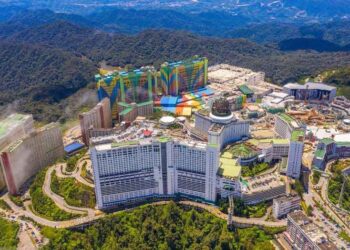A group of more than 20 Chinese nationals have filed a complaint with the Supreme Court of the State of New York alleging misrepresentation of investment opportunities connected to development projects in the Northern Mariana Islands (notably Tinian), the diversion or misuse of investor funds and failed to deliver promised immigration or financial benefits.
The complaint specifically references inducements to invest in casino and resort development projects on Tinian that were marketed as major job creators, alleging that defendants falsely represented the viability and government backing of the casino ventures and that these casino-related projects either stalled, collapsed or never broke ground – leaving investors without the promised green cards or financial returns.
The defendants include business figures, immigration agents, law firms and attorneys.
According to details contained within the complaint, investors were lured into investing millions of dollars under the EB-5 Immigrant Investor Program, which offers US green cards in return for substantial, job-creating investments. The defendants are alleged to have misrepresented the nature and viability of investment projects in the Northern Mariana Islands, including Tinian.
Specifically, the complaint states that defendants falsely represented the viability and government backing of the casino ventures, assuring investors that their immigration petitions would be approved if they invested; that casino-related projects stalled, collapsed or never broke ground; and that investor funds designated for the Tinian casino and hotel operations were allegedly misappropriated, diverted to unrelated uses or siphoned by defendants.
The plaintiffs are seeking restitution of misappropriated funds, damages and the removal of defendants from control over the American Northern Marianas Economic Development Fund, LLC (ANMEDF).
The case is believed to reflect wider concerns about abuse within the EB-5 investor visa program, where foreign investors – often from China – have been vulnerable to fraudulent or poorly managed projects.



































